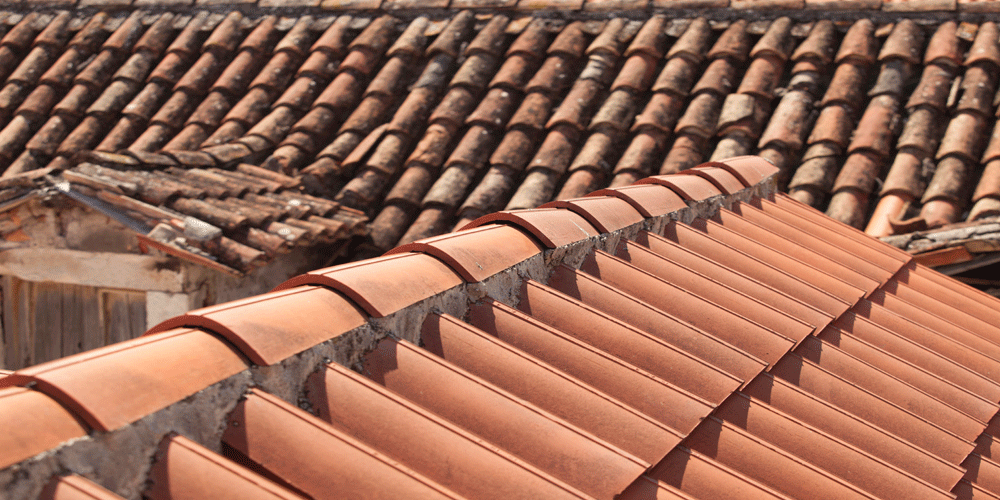Maintaining your property is a crucial aspect of homeownership, whether you own a house, apartment, or commercial space. Regular maintenance not only ensures the longevity of your investment but also enhances its aesthetic appeal and functionality.
In this post, we’ll explore the essential maintenance needs for your property.
Roofing and Gutters: Your roof is your property’s first line of defense against the elements. Regular inspections and maintenance of your roof can prevent leaks, water damage, and costly repairs. Clean gutters and downspouts to ensure proper water drainage.
HVAC Systems: Your heating, ventilation, and air conditioning systems play a significant role in your comfort and energy efficiency. Schedule annual inspections and cleanings to keep them in optimal condition.
Plumbing: Leaky pipes and faucets can lead to water damage and mold issues. Regularly inspect your plumbing for any leaks or blockages, and address them promptly.
Electrical Systems: Faulty wiring can be a fire hasard. Inspect and replace damaged or outdated electrical components, such as outlets and switches.
Exterior Maintenance: Maintain the exterior of your property by painting, sealing, or siding repairs. This not only improves curb appeal but also protects your property from the elements.
Landscaping: Regularly maintain your lawn, trees, and shrubs. Proper landscaping enhances your property’s appearance and value.
Appliances: If your property includes appliances, make sure to clean and maintain them regularly. This will extend their lifespan and save you from unexpected breakdowns.
Foundation and Basement: Inspect for cracks or signs of water infiltration in your foundation or basement. Address these issues promptly to prevent structural damage.
Pest Control: Implement a regular pest control program to prevent infestations that can damage your property.
Security Systems: Ensure that your security systems, such as alarms and surveillance cameras, are in good working order. Regularly change the batteries and update the software if applicable.
Smoke and Carbon Monoxide Detectors: Test and replace batteries in smoke and carbon monoxide detectors as needed to keep your property safe.
Windows and Doors: Check for drafts, damaged seals, and broken glass in your windows and doors. Proper insulation can reduce energy costs.
Driveway and Walkways: Repair cracks and uneven surfaces to prevent accidents and damage to your vehicle.
Apartment Common Areas (for Property Owners): If you own a multifamily property, common areas such as hallways, lobbies, and shared facilities should be well-maintained to attract and retain tenants.
Regular Inspections: Conduct regular property inspections to identify and address maintenance needs before they become major issues.
Emergency Preparedness: Have a plan in place for emergencies like flooding, power outages, and natural disasters. Ensure you have the necessary supplies and equipment.
Remember that routine maintenance is often less costly and time-consuming than major repairs. It also helps to preserve your property’s value and keeps it safe and comfortable for you and your tenants. Keep a maintenance schedule and budget to ensure that these essential maintenance needs are met consistently. Whether you’re a homeowner or a property manager, investing in property maintenance is investing in the future of your property.
